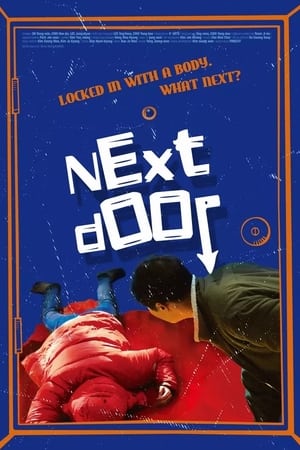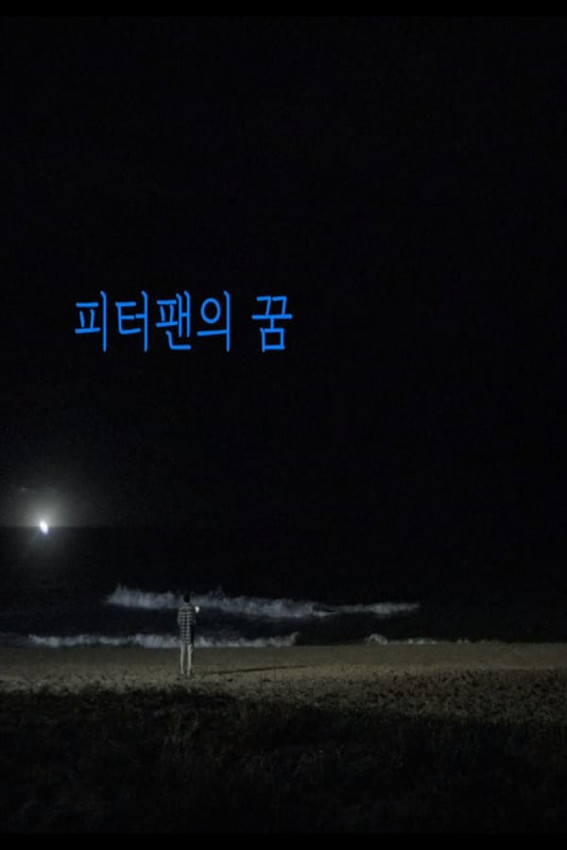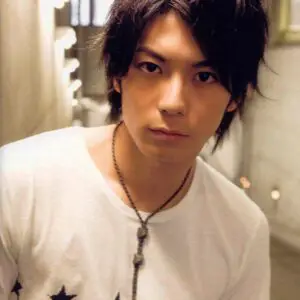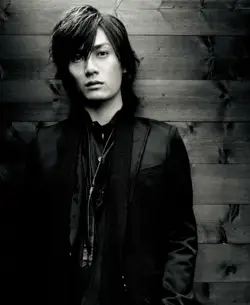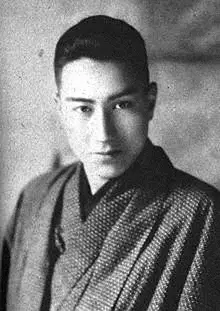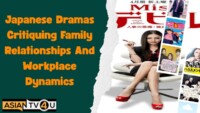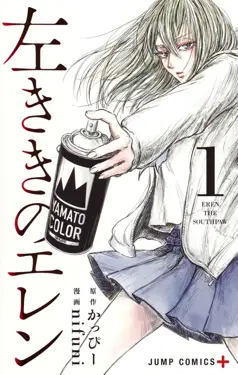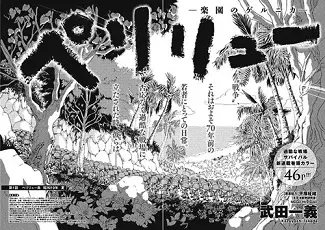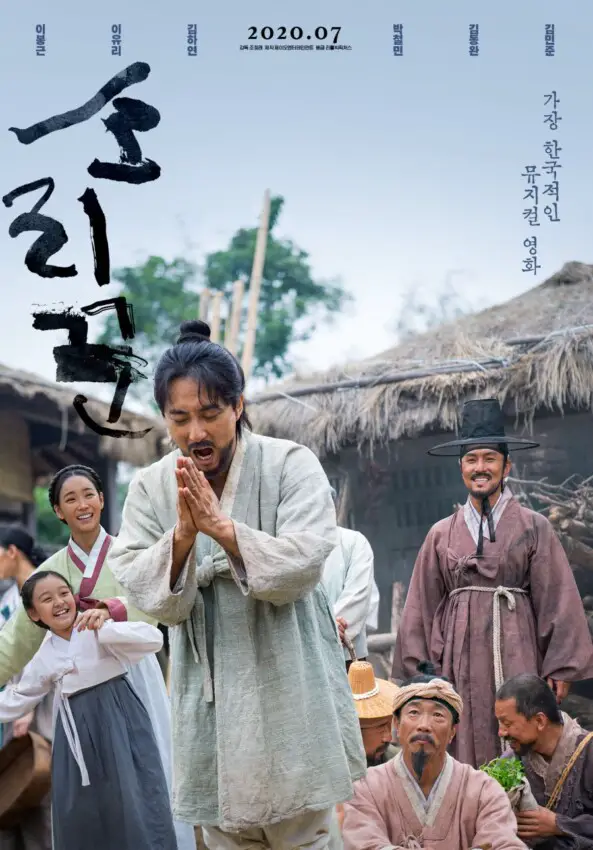
Movie Digest
Hak Gyu, a skilled pansori singer, travels all throughout Joseon in quest of his stolen wife, Gan Nan, in 1734, ten years into King Yeong Jo’s reign. As people begin to follow Hak Gyu’s voyage, a band of entertainers lead by this singer is filled with anticipation as the travelling theatre of the Eight Provinces of Joseon begins. As the underprivileged of Joseon are encountered in the streets, Hak Gyu’s song, which made the people cry, becomes the music that changes the world.
The Feel Good Part
The show takes the core notion from the folktale and tweaked it to make it look better. It was wonderful to see Lee YooRi in a show for the first time; despite her short role, her characterization was appealing. Kim MinJoon and Park CheulMin were revealed to have remarkable musical ability. Overall, the film offered a pleasant plunge into folk songs, a glance into the Joseon era, and kept things simple and lighthearted with a joyful finish.
The Disappointing Factor
The plot could’ve been darker, but it was a story about a loving marriage with a nice, hopeful younger daughter, devoted quirky friends, and villains who were brought to justice.
In-Depth Analysis
Inspired on a Korean folktale about a young filial daughter with a poor blind dad who sold herself to fisherman in search of a sea goddess tribute to save her father’s eyesight and destitution. When she dives into the ocean, the deity takes pity on her and returns her to the land in the form of a big lotus flower. The imperial couple took her in since she resembled their deceased daughter, and they adopted her as their princess. The young princess threw a week-long celebration for the poor in the hopes of reuniting with her father, who was still blind, destitute, and haunted by guilt over his daughter’s disappearance and wandered the countryside in despair. On the last day of the feast, when they were reunited, the father hears his daughter’s cries and magically regains his sight.
Star Power
In the film, Hak-kyu sang pansori, which provided solace to the common people during times of injustice caused by unscrupulous officials.
Overall Opinion
Altogether, the film had a good dive into folk music, a glance into the Joseon era, and kept overall simple and nice with a joyful finish. We were introduced to the Korean traditional singing pansori, which often tells stories about Korean mythology.

